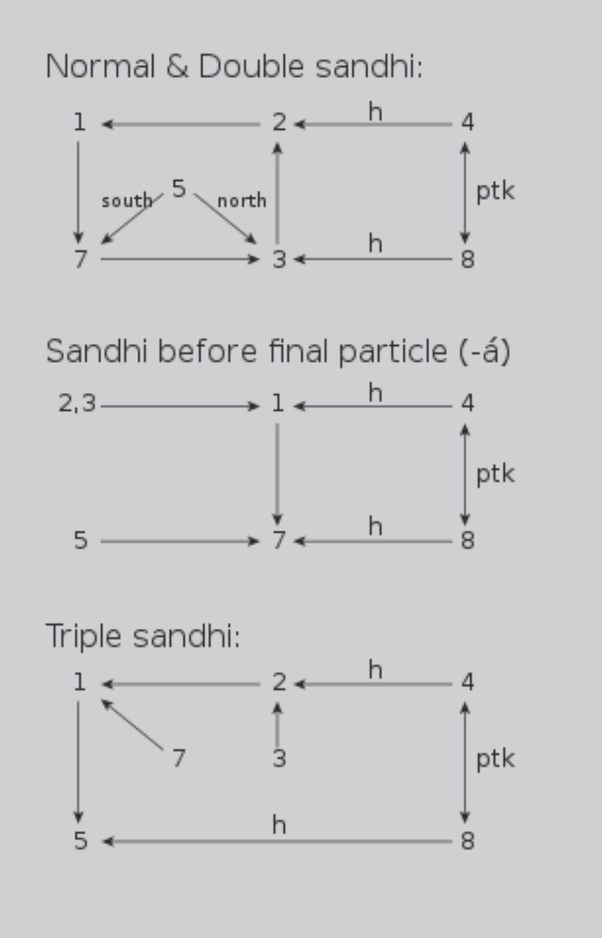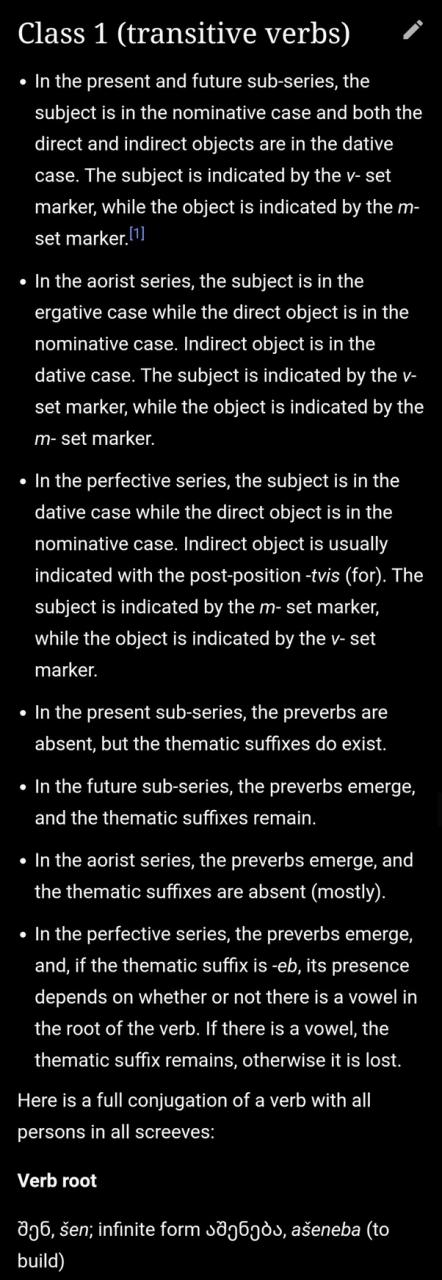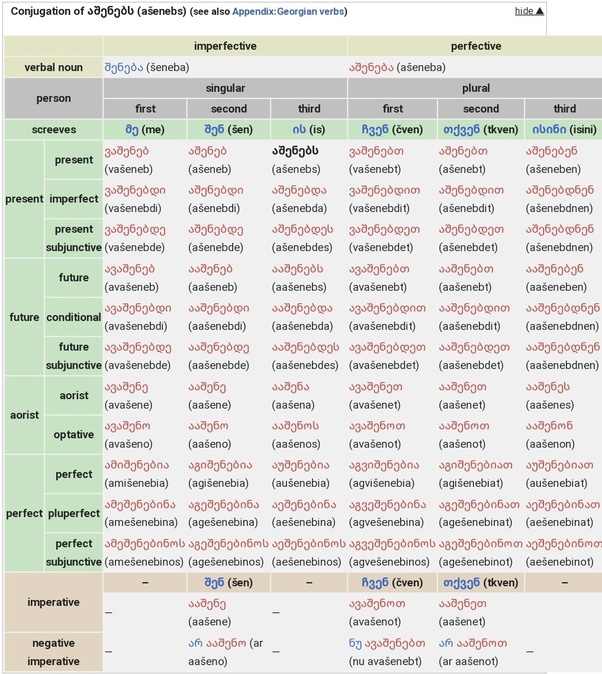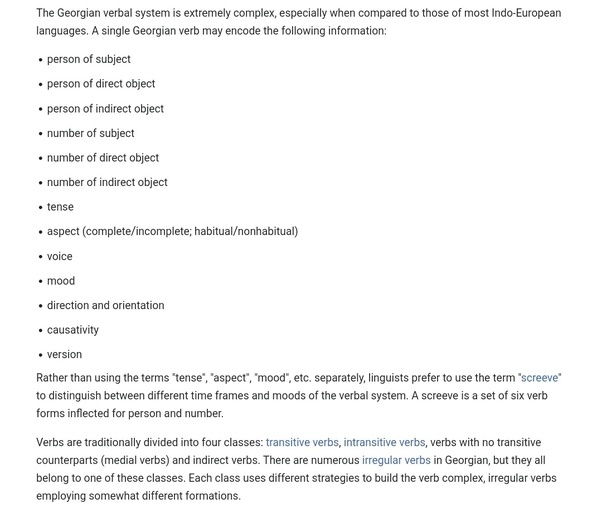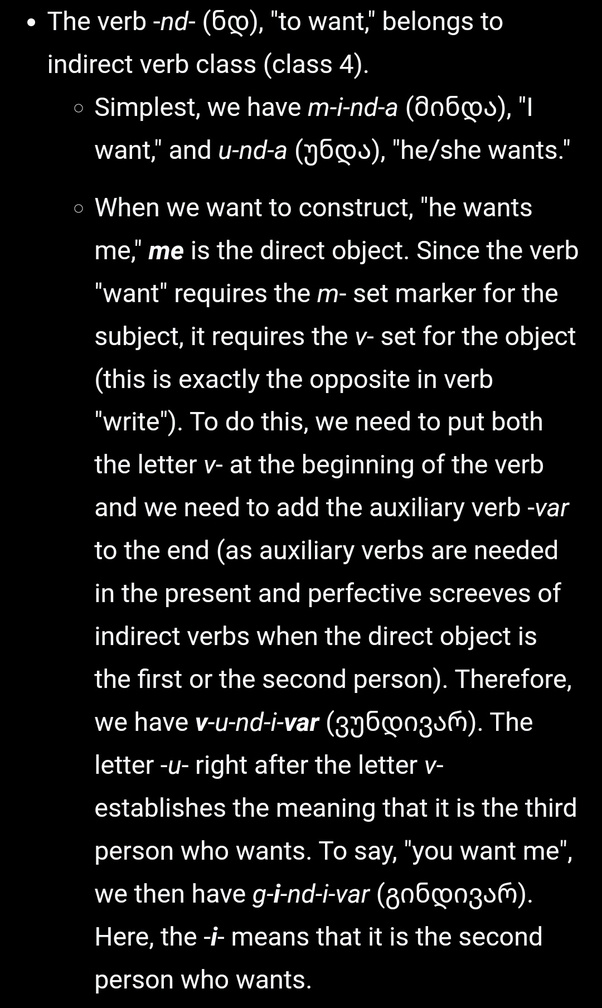For adult learners, most languages in the world are harder than Mandarin. The only real challenge when learning Mandarin is tone, and you can get away with getting your tones reasonably right, but not perfect, because most words have more than one syllable and context helps disambuguate. Mandarin only has four tones plus absence of tone, with some moderately easy complications.
Cantonese tone is more difficult, but still manageable. There are Sinitic languages with extremely complex tone sandhi rules (where tones change depending on what other tones they’re next to), such as Taiwanese, which even has cases with double and triple sandhi. This kind of thing is hard even for speakers of other Sinitic languages.
The only other complication when learning Chinese is the script, but writing systems are a paralinguistic feature, so not really part of the language.
Otherwise, learning a Sinitic language just means learning words, which generally just have one form, and learning where to put them in the sentence.
…
Compare that to a language like Georgian, which has such a complex grammar that it basically can’t be learned perfectly (so that it’s used fluently and error-free) by an adult learner. The verb system is enough to make any starry-eyed learner immediately give up.
Georgian verb paradigm – Wikipedia
For non-native speakers, verb conjugation in Georgian presents a number of challenges since verbs in Georgian present numerous idiosyncracies and wide irregularities. This article presupposes familiarity with Georgian grammar . In short, important factors to keep track of are the following: Georgian has four classes of verbs: transitive , intransitive , medial and indirect verbs. [1] Each class has its own set of rules of conjugation for all screeves (counterpart of tense-aspect-moods). [2] However, numerous verbs in Georgian do not conform to the conjugation of a single class (see irregular verbs below). Preverb . Although preverbs may have directional meanings, it is often diachronic patterns that indicate which verb takes which preverb. In addition, many verbs in Georgian that have a common verb stem. Since preverbs are absent in the present screeves , these verbs are identical in the present series, and differ in the rest of the series, because different preverbs are prefixed to the verb stem. Versions. The versioners in Georgian establish the language’s polypersonalism . Although each version vowel has a specific meaning, most of the time, like preverbs, they have arbitrary meanings. Therefore, when learning a new verb, the version vowel the verb employs should also be learnt. Thematic suffix. Thematic suffixes are the stems that follow the root of the verb. They are used in the present and future screeves and are mostly (though not always) absent in the aorist and perfective screeves. Like preverbs and versions, thematic suffixes are not only arbitrary, but they also determine the conjugation in the aorist and perfective screeves for transitive (class 1) verbs. There are nine thematic suffixes in Georgian, and almost all the verbs have a specific thematic suffix. Again, when learning a new verb, the thematic suffix has to be learnt together with the other elements. In addition, one also has to take into account which suffixal nominal marker is to be used for each verb. This is, however, not arbitrary. The use of appropriate suffixal nominal marker depends on the thematic suffix (as stated above). For each thematic suffix, there are set of rules whether the conjugation is strong or weak for the aorist series and the perfective series of screeves. These set of rules for each thematic suffix have to be mastered. Georgian has many irregular verbs . It is not possible to give an exact number, because there are different levels of irregularities. Some verbs have different verb roots in different screeves and, thus, are considered irregular. Some other verbs use the same verb root throughout all the screeves, but their conjugations deviate from the normal paradigm of the verb class that they belong to. In addition, some indirect verbs (class 4) are also considered irregular, because they only behave like indirect verbs in the present screeves, and behave like transitive verbs (class 1) in the rest of the screeves. Class 1 (transitive verbs) [ edit
https://en.wikipedia.org/wiki/Georgian_verb_paradigm?wprov=sfla1
Here’s s a taste of a tiny fraction of a tiny fraction of a tiny fraction of what you’d be facing:
There are many, many languages that exhibit this kind of mind-boggling complexity, including Navajo, Inuktitut, Basque, or Chukchi.
Mandarin, compared to these, is a walk in the park.
